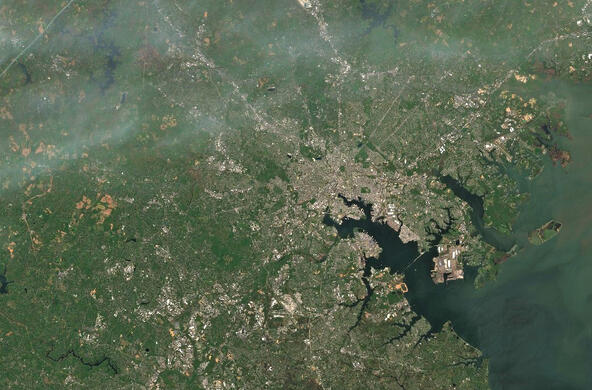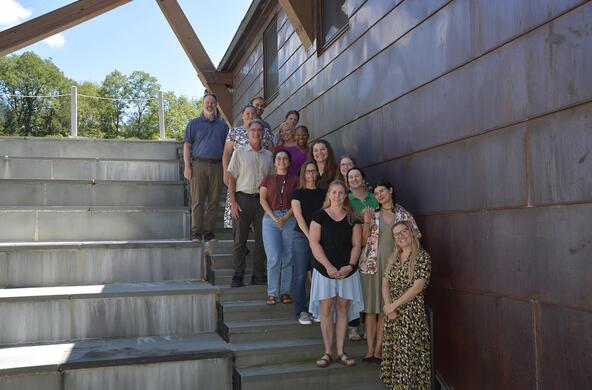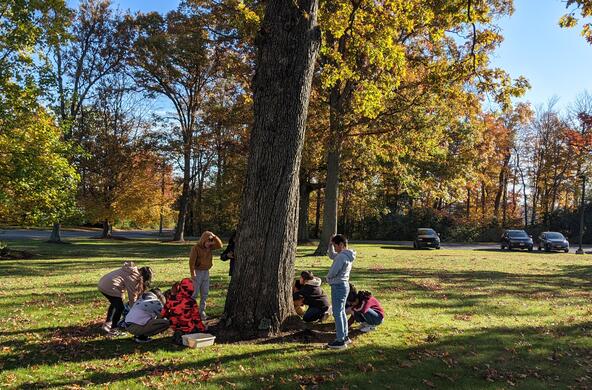This summer, 10 undergraduate students will join the Cary Institute of Ecosystem Studies' research community to carry out science of their own design.Now entering its 26th year, the Cary Institute of Ecosystem Studies' Research Experiences for Undergraduates program gives students an opportunity to work closely with ecologists in a research environment.
Through a case study of a regional environmental issue, seminars and a research symposium, students will explore the social, political, intellectual and personal dimensions of being an ecologist.
Project results will be shared with a diverse group of students, presented for critique to other scientists and published in an online report.
Last year's projects tackled topics ranging from the ecological function of the Hudson River shore lines to explorations of an introduced pest on hemlock trees.
Stephanie Dunn, a student from Bard College, studied bacterial transmission in wild white-footed mice under the guidance of Felicia Keesing and Richard Ostfeld.
Her experience at the Cary Institute was not only inspirational but fun and educational.
"I gained a sense of independence and new confidence in my ability to conduct my own research," Dunn said. "I gained a new network through the scientists not only working closing with my mentor, but with the guidance of other researchers as well. I was introduced to ecology careers I never would have known about, and finally I made friends with people who shared my interests, adding their own experiences from diverse backgrounds."
Projects slated for this year include:
- Urbanization and vectors of human disease.
- Microbial processes in urban ecosystems.
- What, if anything, controls tick populations and Lyme disease risk?
- Investigating people's ideas about ecosystems.
- The impact of synthetic compounds on stream ecosystem function.
- Songbird behavioral ecology: How do veeries use their songs to communicate?
- Temperature effect on size-structure of zebra mussels (Dreisena polymorpha).
- Body size and the effects of ecosystem engineering by organisms.
- Hudson River wetlands and climate change.
The twelve-week program begins May 28 and runs through Aug. 16.
Undergraduate freshmen, sophomores, juniors, or first-semester seniors are eligible to apply.
Applicants will receive a $6,000 stipend, a $600 food allowance, and complimentary housing. Some assistance is available for travel to and from the program.






